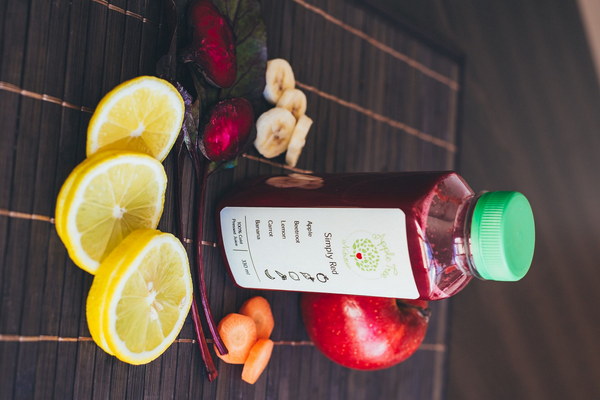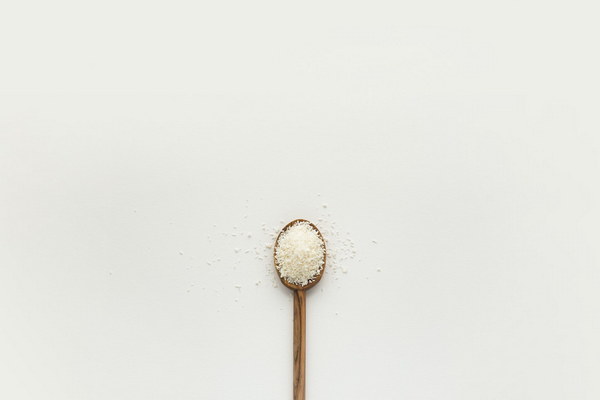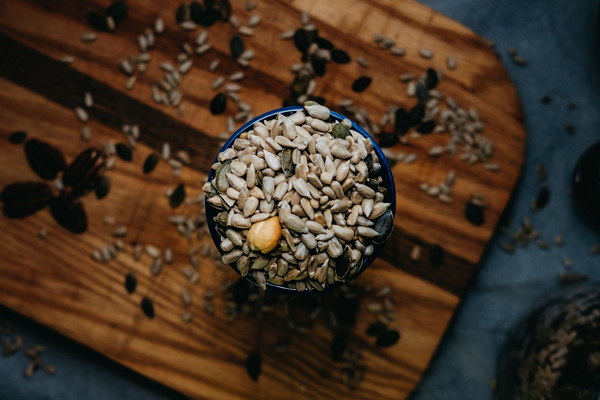How to Support Liver Health While on Statin Medication A Comprehensive Guide
Living with high cholesterol can be challenging, and for many, statins have become an essential part of their treatment plan. While statins are highly effective at lowering cholesterol levels, they can sometimes have side effects, including liver damage. It’s important for individuals on statin medication to take proactive steps to support their liver health. Here’s a comprehensive guide on how to nurture your liver while on statins.
Understanding Statins and Liver Function
Statins are a class of drugs that work by inhibiting an enzyme called HMG-CoA reductase, which is crucial for the production of cholesterol in the liver. By reducing cholesterol synthesis, statins help lower LDL (bad) cholesterol levels, thus reducing the risk of heart disease and stroke.
However, statins can also affect liver enzymes, leading to increased levels of alanine aminotransferase (ALT) and aspartate aminotransferase (AST), which are markers of liver function. While these levels are usually mild and return to normal once the medication is stopped, it’s crucial to monitor them regularly to ensure liver health.
Regular Monitoring
The first step in supporting liver health while on statins is to have regular liver function tests. These tests should be conducted before starting the medication, at regular intervals during treatment, and if you experience any symptoms of liver dysfunction.

Lifestyle Modifications
A healthy lifestyle can significantly contribute to liver health and counteract the potential side effects of statins:
1. Balanced Diet: A diet rich in fruits, vegetables, whole grains, lean proteins, and healthy fats can help support liver function. Avoiding excessive alcohol and processed foods can also be beneficial.
2. Regular Exercise: Physical activity can improve overall health and may help to mitigate the side effects of statins. Aim for at least 150 minutes of moderate aerobic activity or 75 minutes of vigorous activity each week.
3. Maintain a Healthy Weight: Being overweight or obese can increase the risk of liver damage. Losing weight through diet and exercise can help reduce the burden on your liver.
4. Limit Alcohol Consumption: Alcohol can exacerbate liver damage, so it’s important to limit your intake, especially if you are on statins.
Supplements and Medications
While supplements should not be used as a substitute for medical advice, certain nutrients can support liver health:
1. Antioxidants: Vitamins C and E, selenium, and beta-carotene are known for their antioxidant properties, which can help protect liver cells from damage.
2. Milk Thistle: This herbal supplement contains silymarin, which may help protect liver cells and support liver regeneration.
3. Fatty Acids: Omega-3 fatty acids found in fish oil have been shown to have anti-inflammatory effects that may benefit the liver.
It’s important to consult with a healthcare provider before starting any new supplement, as some can interact with statins or have other adverse effects.
Avoiding Over-the-Counter Medications
Some over-the-counter medications can put additional stress on the liver. It’s best to avoid or minimize the use of drugs like acetaminophen, ibuprofen, and other NSAIDs unless recommended by a healthcare provider.
Mindful Medication Use
Lastly, it’s important to use statins as prescribed. Do not stop taking them without consulting your doctor, as sudden discontinuation can lead to a rapid increase in cholesterol levels and increase the risk of heart disease.
Conclusion
While statins can be a lifesaving treatment for those with high cholesterol, it’s essential to take steps to support liver health. By maintaining a healthy lifestyle, monitoring liver function, using supplements cautiously, and consulting with healthcare providers, individuals can minimize the risk of liver damage while on statin medication. Remember, proactive care and communication with your healthcare team are key to managing both cholesterol and liver health effectively.









